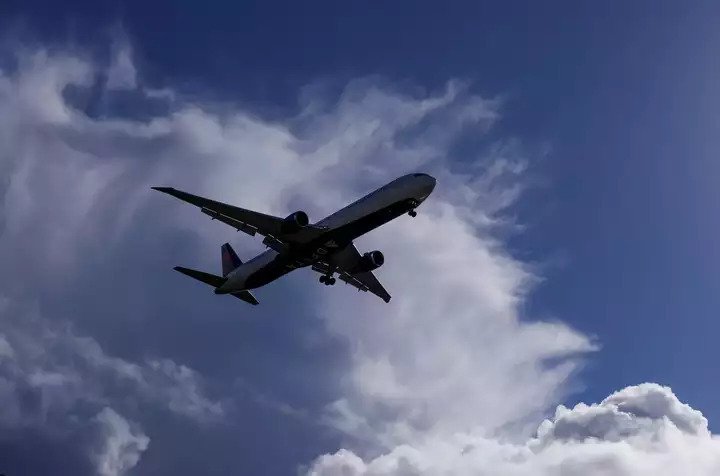Examining the Impact of 5G on Airlines in the United States
US airlines are bracing themselves for potential flight delays as the deadline for implementing the 5G network draws near.

The US Transportation Secretary, Pete Buttigieg, has issued a cautionary statement, highlighting the possibility of delays and cancellations for aircraft lacking updated radio altimeters to mitigate potential interference from the 5G C-Band. These disruptions are expected to commence from July 1, presenting one of the most significant foreseeable challenges to performance during the summer season, as stated by Buttigieg in an interview with The Washington Journal.
Aviation safety authorities have expressed concerns that certain 5G signals might cause confusion among devices that rely on radio waves to measure the distance between aircraft and the ground. Accurate readings from these devices are crucial for safe landings, especially in adverse weather conditions. However, wireless companies have disputed these claims put forth by the aviation safety officials.
The urgency surrounding this issue was particularly heightened in early 2020 when several international flights were canceled due to airlines hastily preparing for anticipated restrictions from the Federal Aviation Administration. These restrictions were expected if wireless providers started broadcasting the new 5G signals to their customers. Eventually, a last-minute agreement was reached between AT&T and Verizon to address the potential interference concerns.
What specific challenges do airlines face regarding the deployment of 5G networks and how are they being addressed?
The issue between 5G and airlines revolves around potential interference with radio altimeters, which are crucial instruments used by aircraft to measure their distance from the ground. Radio altimeters operate using radio waves, and there are concerns that certain frequencies of 5G signals, particularly those in the C-Band spectrum, could interfere with these altimeters.
Radio altimeters play a vital role in aviation, especially during landings and takeoffs, and they are particularly important in adverse weather conditions when visibility is poor. Accurate altitude readings are crucial for pilots to ensure safe and precise landings. If there is interference with the radio altimeters caused by 5G signals, it could potentially lead to incorrect altitude readings or disruptions in the altimeter's operation, posing a safety risk.
Aviation safety officials have warned about the potential for 5G signals to confuse or disrupt the radio altimeters. However, wireless companies have disputed these claims and maintain that their networks can coexist without causing any interference to aircraft systems. The disagreement stems from differing assessments of the potential risks and the measures taken to mitigate them.
To address these concerns, discussions and negotiations have taken place between wireless providers, aviation regulatory bodies, and airlines to find a solution that ensures the safety of air travel while allowing for the rollout of 5G networks. Agreements and technical adjustments have been made to minimize the potential interference and maintain the integrity of the aircraft's radio altimeter systems.
What's Your Reaction?





















